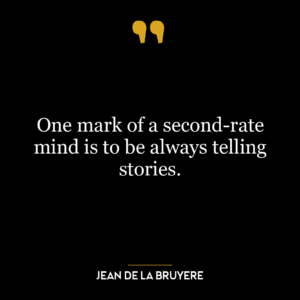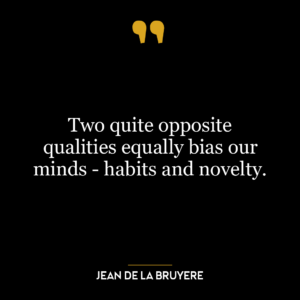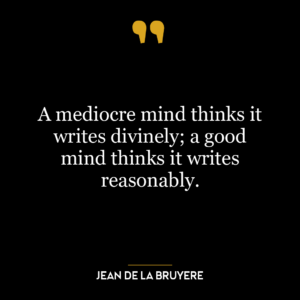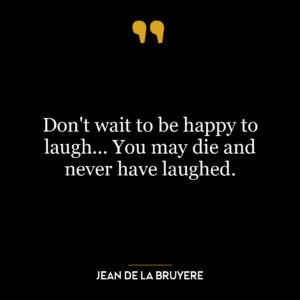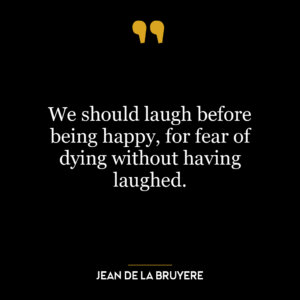This quote encapsulates the idea that the mind often works best when it’s at rest, free from the constraints of active tasks or distractions. It suggests that in a state of idleness, or doing nothing, our minds are able to wander, explore, and create in ways that they may not be able to when focused on a specific task. This state of idleness allows for introspection, imagination, and innovative thinking, making it a potentially "profitable" state of being, not in terms of monetary gain, but in terms of intellectual and creative growth.
In today’s fast-paced world, where productivity and constant busyness are often seen as indicators of success, this quote offers a counterintuitive perspective. It suggests that taking time to do nothing, to simply let our minds wander, can be just as valuable, if not more so, than always being engaged in active tasks.
In terms of personal development, this idea encourages the practice of mindfulness and the cultivation of a healthy mental space. By allowing ourselves moments of idleness, we can foster creativity, reduce stress, and gain a better understanding of our own thoughts and feelings. This can lead to improved mental health, greater self-awareness, and ultimately, a more balanced and fulfilling life.
Moreover, this idea can be applied in fields like education and business. For instance, incorporating periods of ‘free thinking’ or ‘quiet time’ into the curriculum or work schedules could potentially boost creativity and problem-solving abilities. It could also help to prevent burnout by ensuring that individuals have time to rest and recharge.
In essence, this quote is a reminder of the value of slowing down, of giving our minds the freedom to wander, and of the unexpected insights that can emerge when we’re not actively trying to produce them.




